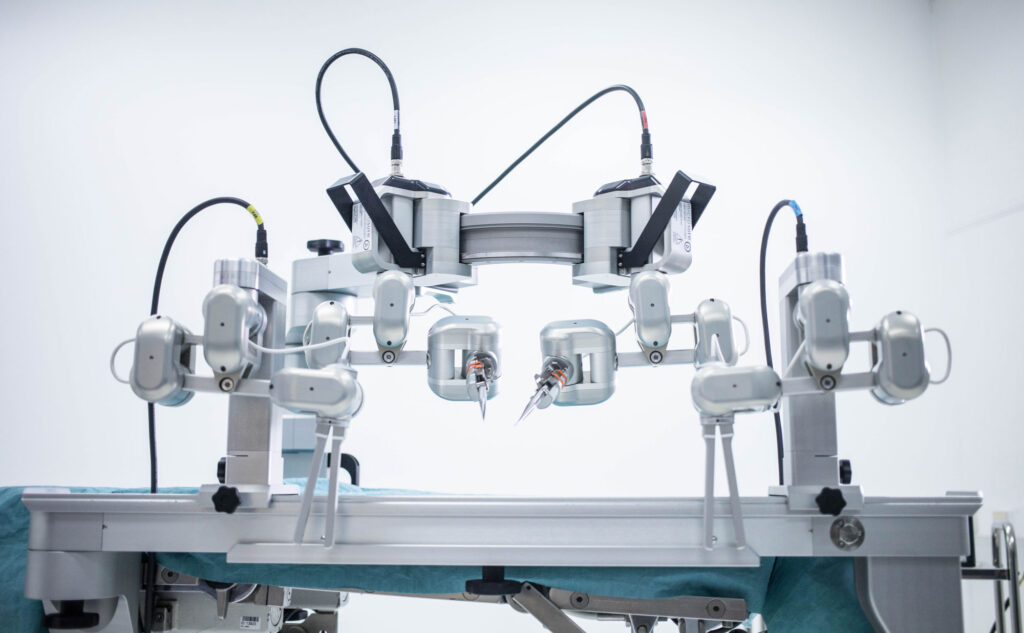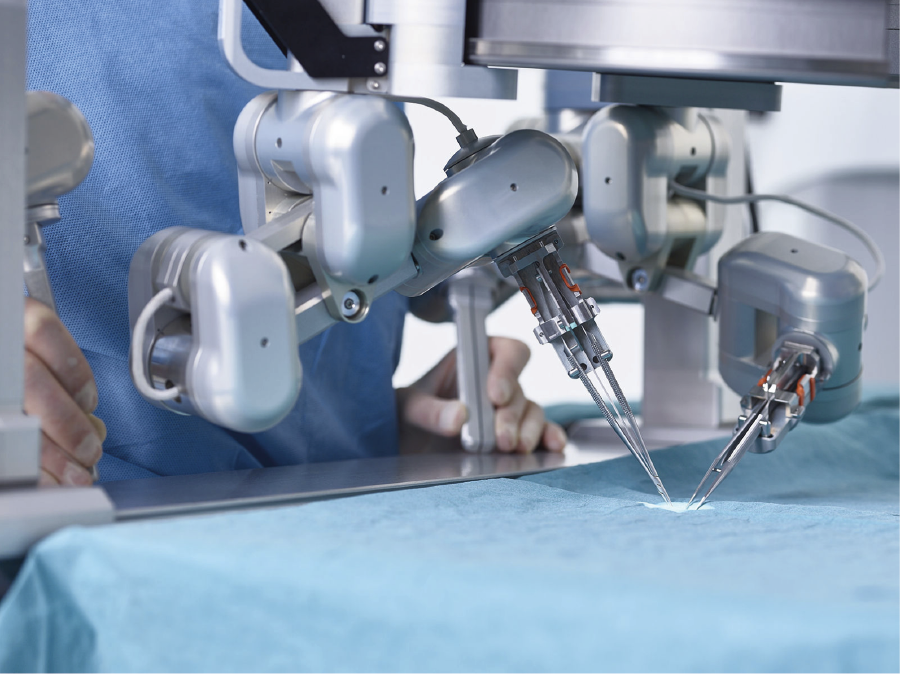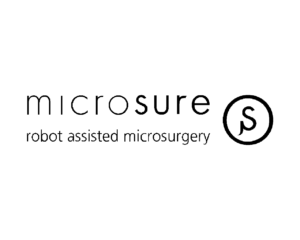Surgical robots are used in more and more hospitals. A close collaboration between plastic surgeons at Maastricht UMC+ (MUMC+), and technicians at both TU Eindhoven (TUe) and spin-off company Microsure, the first microsurgery robot in the world was developed. This robot, called ‘MUSA’, consists of a set of robot hands, operated by surgeons. Besides that, the robot filters out the tremors of the human hand. The robot thus makes microsurgical operations more workable, and facilitates new interventions. This should lead to better results for the patients and lower healthcare expenses, because less after treatments and repeat surgeries are needed. There are also benefits for the surgeon: by avoiding standing still in an unnatural posture for a long time, back and neck pains are prevented. ‘Microsurgery actually encompasses all surgical procedures that require a microscope. The technique is increasingly refined and creates less and less damage. There is even super microsurgery, in which blood vessels and lymph vessels are stitched together. Initially it was a rather exclusive specialty, but MUSA ensures more and more surgeons are able to perform sophisticated microscopic surgeries,’ states Tom van Mulken, plastic surgeon and co-founder of Microsure.
More and more is possible with microsurgery, but the right means must be available. A much-used surgical robot, such as the Da Vinci robot, is developed primarily for laparoscopic surgeries and thus not fully capable to execute microsurgical operations. Van Mulken: ‘The basic idea is that if a surgeon has to enhance their eyes that much to operate on a microlevel, then the hands should be able to be enhanced to a comparable scale. If you think about it, it’s very logical to perform microsurgery with a steady robot.’ The development of MUSA began in 2007, in cooperation with Raymond Cau, student at the Technische Universiteit Eindhoven, and van Mulken. The combination of technical and medical knowledge kicked the project into gear.

Based on the long-term vision, the organisations created room to experiment and continue development on the prototypes. A conscious choice, because people are often at risk of making promises they cannot keep. Besides, the right people could be engaged in order to make the first phase a success, where much attention was paid to creating support. ‘This is only achievable if you can achieve success together. We have always tried to include everyone in the benefits, and to acknowledge everyone,’ says Van Mulken. MUSA’s development follows a technology-pull strategy, meaning the surgical robot will not feature all the most advanced gadgets immediately, only the necessary ones. And use is made of reusable instruments, in order to reduce the costs.


